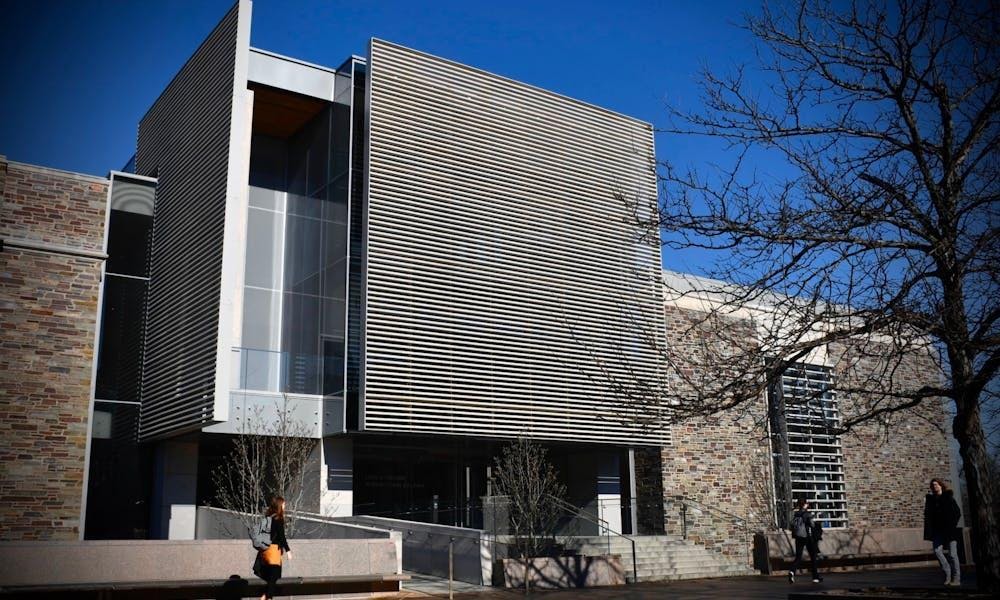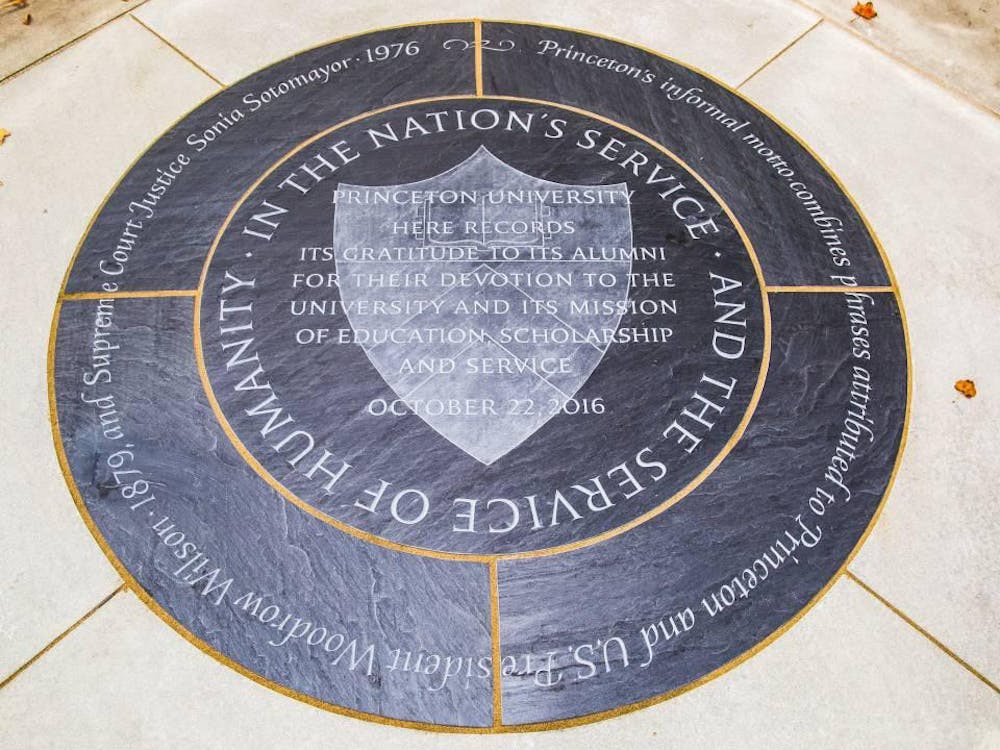In 2017, Princeton led the fight to protect Deferred Action for Childhood Arrivals (DACA) students, with University President Christopher Eisgruber ’83 filing a comment in support of preserving and strengthening the program.
But amid the University‘s current public silence over the Trump administration’s proposed immigration policies, which include mass deportations, it is hard to feel reassured about its stance on protecting immigrant, undocumented, and international students. I requested an interview with the head of the Davis International Center and was forwarded to the University’s Office of Communications, who wrote in a statement, “Princeton energetically supports and vigorously advocates for its students, within the limitations of the law, in a wide range of situations.”
Trump’s immigration policy is likely to impact a range of students. His deportation plans are not restricted to those who have been found guilty of a crime; he has promised to target any undocumented immigrant residing in the U.S. regardless of criminal record. Furthermore, considering that nearly one million individuals live in the U.S. under Temporary Protected Status, it is likely that a number of these individuals are college students whose education would be derailed by Trump’s plans. In the face of these policies, colleges and universities will be more limited in their ability to protect the education of noncitizen students, especially those whose visas could be revoked — like they were for Chinese students under the previous Trump administration.
To be clear, any actions the University can take to mitigate the effects of any future Trump administration policy must remain “within the limitations of the law.” That could prove difficult during a time of national tensions over immigration policy — especially considering the possibility that laws will change, given the incoming Republican majority in both chambers of Congress. However, there are many ways for the University to expand its current support to protect its students and develop advocacy programs.
First, the University can examine its legal resources. The Davis International Center offers resources for DACA and undocumented students, including free legal consultations with attorneys to discuss their immigration options. These resources can and should be expanded to mirror the support of peer institutions. Harvard and Columbia have developed clinics through their law schools to provide large-scale pro bono representation for asylum seekers and undocumented immigrants on campus — including staff, faculty, and students — and in the community. These programs also advocate for students on campus through outreach and educational projects, such as Harvard’s “Know Your Rights” presentations, which allow students to stay informed about their options and renew their DACA status.
While Princeton has no law school, it must attempt to establish a program in partnership with local law firms to provide similar ongoing legal and advocacy services for its students. It must also work to ensure students are properly informed about available resources like informational sessions offered by the Davis International Center. We need dedicated efforts to make students aware of potential impacts to their immigration status, available resources, and their rights — especially considering Princeton students may not have the time or financial stability to take necessary action on their own.
Beyond their legal support, immigration resource programs promote cultural awareness and a comfortable atmosphere for affected students. I’ve spoken to many friends who feel uncomfortable discussing their specific immigration situation or are unaware of available resources, confirming the need to better inform students about current efforts to support them. Students may not feel comfortable or safe making themselves seen, especially given the silence from the University on the issue since Eisgruber’s letter to the White House in 2017. If students don’t feel empowered to advocate for themselves, it is the responsibility of the University to advocate for them.
To accomplish this goal, the University should rely on the support of established advocacy groups within the community, such as Resistencia en Acción New Jersey. Such groups are already working with state officials to ensure the protection of immigrants and advocate against the weaponization of local governments and law enforcement to target undocumented immigrants. They have also led efforts to provide legal support. Creating a partnership between the University and groups like Resistencia en Acción can expand the legal and advocative support currently available to students, making up for Princeton’s lack of a law school to provide such services. The community has already begun taking action, and Princeton must follow through on its promise to support its undocumented and international community. Advocating is entirely “within the limitations of the law.”
The University should begin showing support by advising its international students to return to campus before inauguration day — a step already taken by Harvard and other peer institutions. A statement recently issued by the Davis International Center failed to make students aware of the danger of finding themselves stranded over break, which was the case after Trump issued an executive order limiting travel from many Muslim-majority countries in 2017. International students may not be fully aware of which Trump administration immigration policies could impact their education. Princeton’s silence endangers these students’ ability to safely return to campus and continue receiving the education they deserve.
But the University’s work shouldn’t stop there. We need an established program on campus working to ensure students are kept up to date with the latest developments in immigration policy and providing consistent legal support to students whose education might be jeopardized by the incoming presidential administration. In comparison to the programs at other schools, current efforts fail to provide students with the consistent information and support they need to keep up with laws and policies regarding their future in this country that are constantly — and quickly — changing.
With the presidential inauguration less than two weeks away, time is running out. Executive orders like the travel ban can be issued any time after a President takes office and take immediate effect. Princeton, act now and show undocumented and international students the “energetic and vigorous support” you pledge before it’s too late.
Jorge Reyes is a first-year contributing Opinion writer from Louisville (Loo-uh-vuhl), Ky., and can be reached at jr7982[at]princeton.edu.









